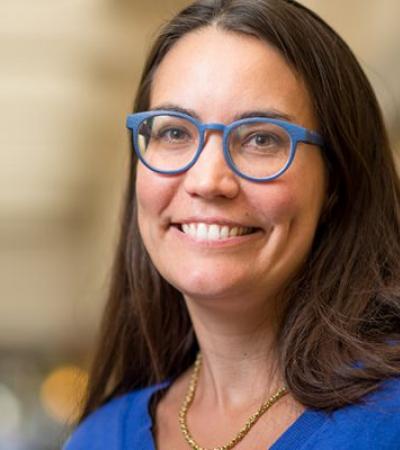Sustainable Agriculture as a Relational Learning Process
Faculty Research Grant
As global awareness of environmental crisis and resource constraints heightens, pressures for the development of sustainable agro-industrial practices are intensifying. But what do we mean by “sustainable”? A key feature of sustainability is that it is a relational phenomenon involving multiple parties or stakeholders, each learning from others, frequently in ways that cross farm and industry boundaries and link public and private players. In order to be effectively sustainable, individual firm, farm, or associational efforts must be connected to other actors in communities, value-chains, and political jurisdictions. Inevitably, then, the term “sustainability” has very varied content and different meanings in different relational arrangements. Moreover, in any given context, the meaning of sustainability can be highly contested, and regulations pertaining to sustainability are subject to political battles involving normative and technical disagreement. At its broadest, the aim of the research project is to examine how those who pursue sustainability strategies give it meaning, what practices they pursue, how they engage with sustainability related regulations and what accounts for variation and difference in the way in which they learn about and enact sustainability strategies.






